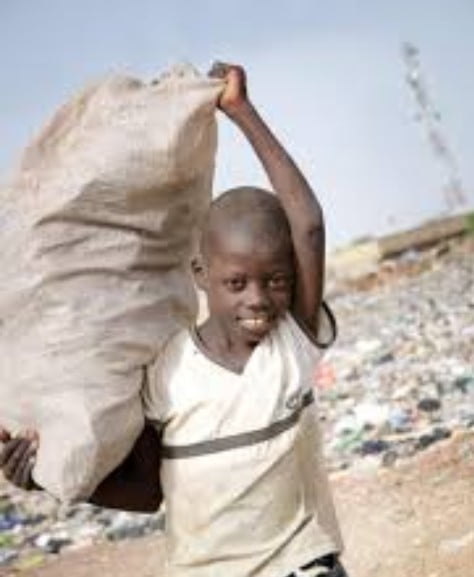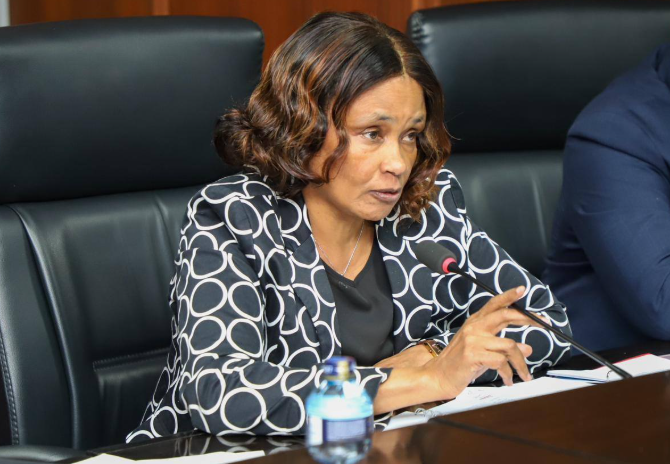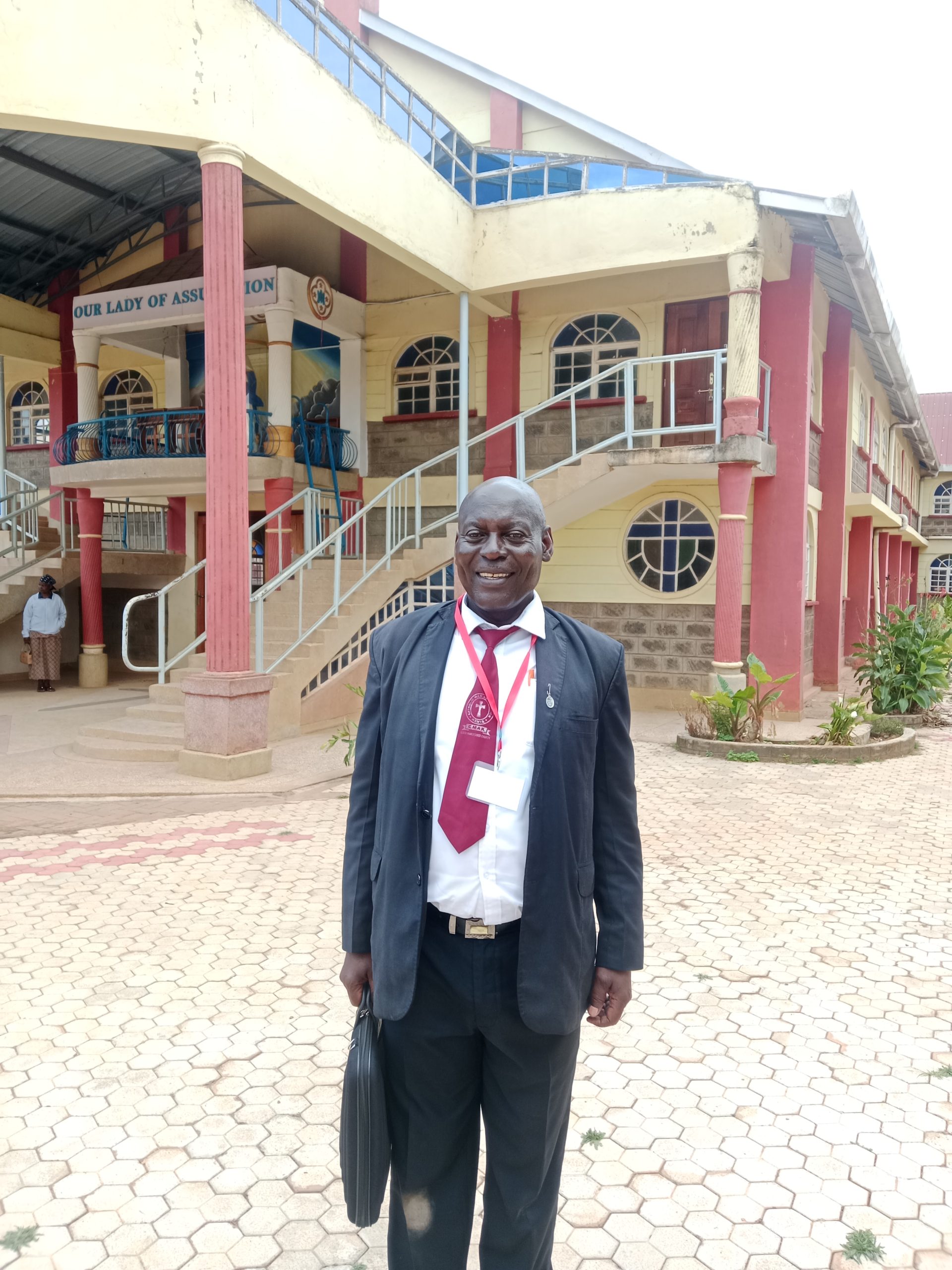Numerous children, ranging from 12 to 17 years old, endanger themselves as they scour the gold mines for valuable metals. Boys and girls alike tread without shoes in the nearby rivers, taking turns to sift through the sand in the hopes of uncovering nuggets of gold.
In Musoli village in Ikolomani, Kakamega County, the ground murmurs legends of hidden riches. Any gold discovered is sold to unethical traders for meagre sums. Disturbingly, there have been instances where schoolgirls are subjected to sexual abuse as a trade for gold dust, which they pan with the aspiration of finding the valuable metal.
This concerning pattern has garnered the notice of school heads and local chiefs, who are sounding the alarm about the increasing number of minors leaving school to labour in the gold mines.
“Gold mining is undoubtedly the main source of economic growth for families around here. From whatever they get, they are able to fend for their families and pay school fees for their children,” said Everlyne Shinali, the principal of St Anne’s Musoli Girls High School.
Shinali underscored the importance of shielding the youth from the detrimental impacts of gold mining.
“As a mother, teacher, and leader in the community, we must find ways to protect young children in primary and secondary schools against these hazards,” she said.
Shinali observed that schools in the vicinity of gold mining zones are experiencing worryingly high levels of absenteeism and premature school withdrawals, undermining the quality of education.
“The lure of the gold mines is strong. With promises of quick money, children are enticed to abandon their education in favour of working long hours under hazardous conditions. For many families struggling with poverty, the extra income, however small, seems like a lifeline,” she added.
She appealed to the law enforcement leaders in the mining regions to guarantee that children stay in school and are not employed in the mining operations.
“The young women, including schoolgirls, working in the gold mines are sometimes sexually abused in exchange for gold, and this trend must be stopped,” she asserted.
Shinali implored the county and national authorities to develop legislation and strategies, in addition to the Gold Processing Bill of 2023, to safeguard students from the adverse effects of gold mining.
Casper Mumia, the principal of St. Paul’s Shibuye Boys Primary in Shinyalu Constituency, recalled visiting mining sites and discovering numerous pupils there. They toiled under hazardous circumstances with basic equipment, jeopardizing their safety for scant pay.
“We’ve seen a significant number of students dropping out, particularly in the last two years,” Mumia said. “It’s not just about the immediate financial gain; it’s about the long-term consequences. These children are sacrificing their future for short-term benefits.”
Abundant gold reserves have been discovered in locations such as Malinya, Rosterman, Shirumba, Kilingili, Shipeso, Isulu, Bushiangala, and Sigalagala across the Shinyalu, Lurambi, and Ikolomani constituencies.
YOU MAY ALSO READ:
Higher Education stakeholders in Malawi visit JKUAT for benchmarking
By Frank Mugwe
You can also follow our social media pages on Twitter: Education News KE and Facebook: Education News Newspaper for timely updates.
>>> Click here to stay up-to-date with trending regional stories






